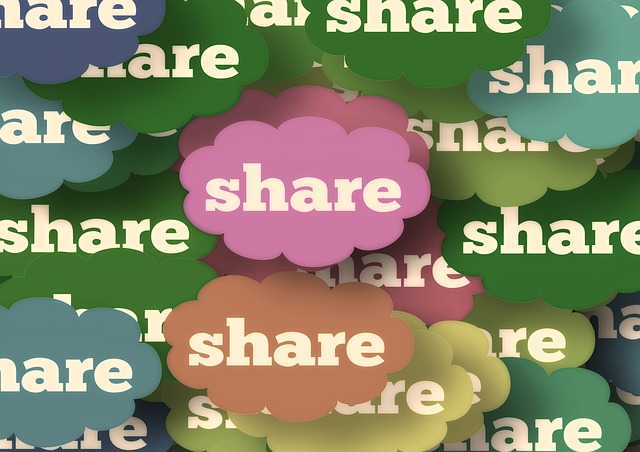 Many people who share posts on social media don’t read what they share.
Many people who share posts on social media don’t read what they share.
According to a new study by Columbia University and the French National Institute, 59% of links shared on social media were never clicked on and opened. The analysis of 2.8 million shares, 75 billion potential views and 9.6 million actual clicks to 59,088 unique resources revealed that most people share news without reading it.
“People are more willing to share an article than read it,” study co-author Arnaud Legout said in a statement. “This is typical of modern information consumption. People form an opinion based on a summary, or a summary of summaries, without making the effort to go deeper.”
Depressing and Scary Findings
Commentators called the findings depressing and frightening. Thoughtless social shares can shape the news agenda by further sharing what’s already heavily shared and by determining what goes viral. Blind sharing drives the trending algorithm on social media sites and defines.
The study’s results may be surprising – or maybe not so surprising. Some marketers may have suspected a mismatch between large number of social media shares and oddly modest website visits. Many probably notice retweets essentially immediately after they post an article, not nearly enough time for the retweeter to have read the post.
Search Engine Watch has noticed the phenomenon in its own social media marketing. A social media manager once tweeted a headline and accidentally forgot to include a link to the article. Yet the tweet, one of its most popular ever, received 25 retweets and 28 likes, says SEW editor Christopher Ratcliff. Ironically, his tweet on the research immediately received three retweets.
PR & Marketing Implications
The findings hold important implications for PR and marketing. Retweets do not necessarily mean viewers are reading your content or understanding your message. The findings mean the headline is paramount. Rather than enticing the viewers to read more, the best headlines summarize the article and are understandable and sharable.
“It also puts a greater emphasis on media relations and journalist relationships; ensuring your story is summarized and positioned in a way which ensures your messaging is perfectly communicated without any ambiguity,” says Heather Milner at Phipps PR in London.
The research indicates that creating “sharebait” may replace clickbait as a goal, and PR can evolve its writing standards in order to adapt to the new environment. “Sharebait isn’t a concern so much as the latest challenge for us to rise to,” Milner says.
Bottom Line: Six out of 10 people share links on social media without actually reading the articles, new research shows. The extent of that careless promotion holds important implications for PR and marketing.
William J. Comcowich founded and served as CEO of CyberAlert LLC, the predecessor of Glean.info. He is currently serving as Interim CEO and member of the Board of Directors. Glean.info provides customized media monitoring, media measurement and analytics solutions across all types of traditional and social media.




